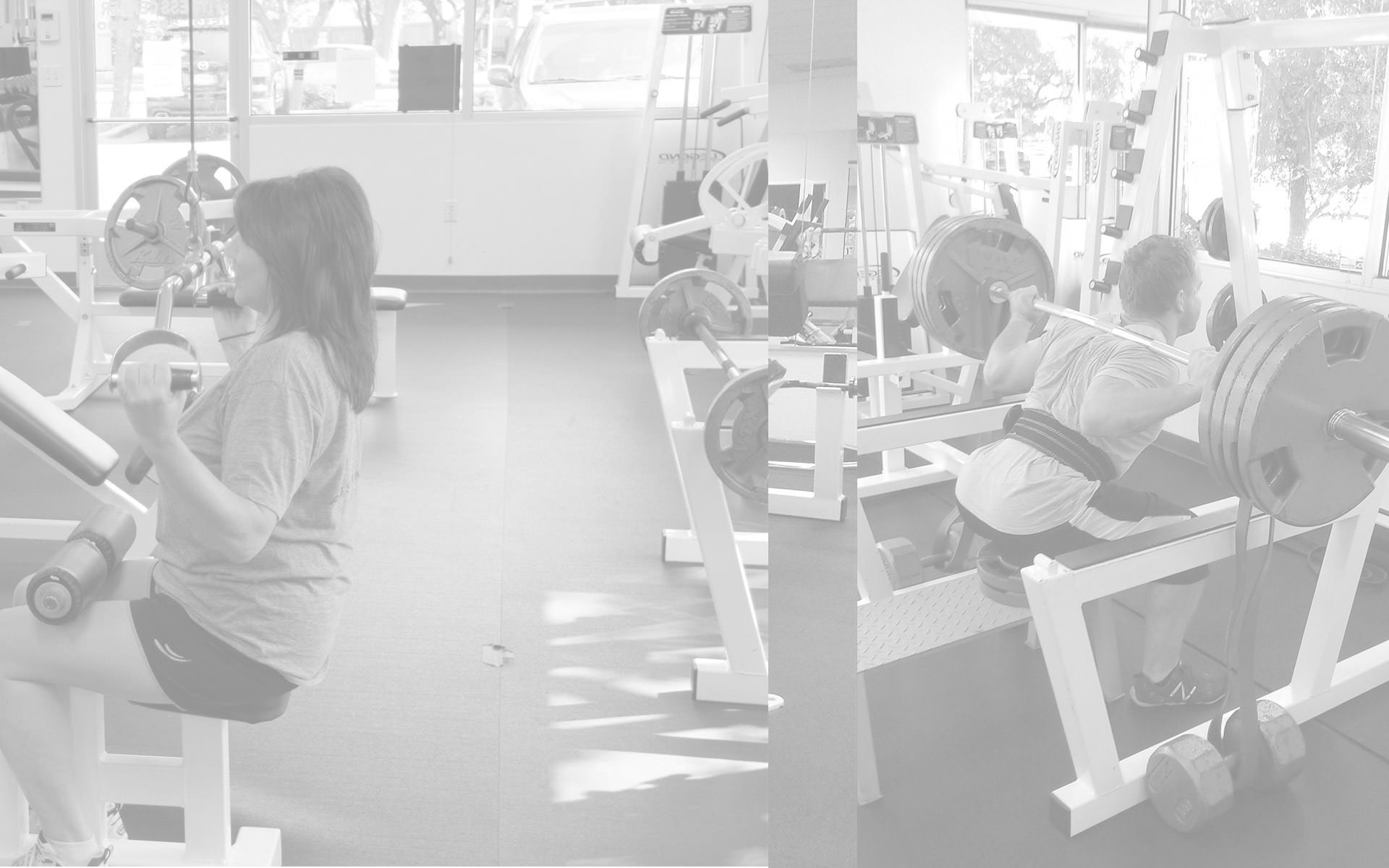Sweating and Weight Loss: Does Sweating Mean You’re Burning Fat?
As an Austin personal trainer for around 20 years, I get asked a lot of questions. One question I get asked on occasion, is if you can burn fat and lose weight by sweating more. A lot of people associate sweating and weight loss. This could be an associative thought process since we tend to think of working out and getting sweaty as the byproduct of the physical exertion. Some people, however, believe that if you break a sweat, you are by definition, burning fat. Is there a real correlation between sweating and weight loss?
Yes and no is the answer. Simply sweating, in and of itself, will not provide fat loss other than the minuscule amount that will be a byproduct of an elevated heart rate. If you spend time sitting in a sauna, for example, you’re not burning any substantial amount of body fat, but rather, you’re shedding water weight as you sweat. You unquestionably will lose weight by sweating it out in the sauna, but that weight, is water weight, so in this case, sweating and weight loss are absolutely connected, but it’s very temporary.
Considering our bodies are 65-70% water on average, it’s rather easy to influence the scale’s readout by simply manipulating the amount of water your body will hold through altering the amount of water consumed, as well as altering the consumption rate, and timing of certain things such as carbohydrates, as they can promote water retention. More details on the intricacies of how that works can be found in my essay called Carbs and Weight Loss.
If you ran on a treadmill for 20 minutes at a fast pace and broke a sweat, on the other hand, you would be burning much more fat than the person who sat idly in a sauna. This isn’t because of the sweating itself, but rather it is because you are using your muscles to run and thus bring up your heart rate to a much higher level than the person who sat in the sauna.
How much fat you would burn while running would depend upon what you have eaten recently, amongst other things. If you eat a meal and then exercise, it’s very inefficient for fat loss as you are burning that food for fuel as opposed to fat. True fat loss will come when the body is using it for fuel during aerobic activity and the amount of calories consumed doesn’t exceed the amount burned during exercise.
The source of the calories is equally important as well. For example, if you need to consume 1800 calories per day, you would want an optimal blend of macronutrients that would provide your body with ample amounts of fuel for activity and body functions, and enough protein to promote at least the regeneration of muscle tissue. These needs are satisfied without difficulty if you regularly eat healthy, balanced meals, and of the right portion size. On the other hand, If you went to a fast food restaurant daily but still only consumed 1800 calories, your composition and health would be markedly different than if you ate healthily, no matter if you exercise or not.
All of this is not to say that there is no beneficial reason to sweat other than your body’s physiological ones. Athletes and models sweat water weight away in saunas and/or by employing different tactics to break a sweat. For example, if you are looking to drop some water weight for a photo shoot or something like that, then sweating it out is a viable way to do that, in conjunction, of course, with the proper hydration. A decrease in water weight will promote a tighter and harder looking physique which is why both amateur as well as professional bodybuilders shed a great deal of their body’s water weight for the competition. This enables the judges and audience members to see not just the muscles, but the individual striations and insertion points of the muscles, as well as the level of hypertrophy achieved during the buildup and preparation to the contest. Another example would be an athlete such as a collegiate wrestler or MMA fighter who needs to weigh a certain amount due to weight class restrictions. These athletes tend to weigh more than the maximum weight of the class permits, so therefore, by sweating out water weight and altering their diets, they will lose weight quickly and easily for the pre event weigh in, but it’s effect is very temporary and can’t be considered a serious weight loss option for anything long term. This is demonstrated by the fact that the aforementioned athletes put their weight back on almost immediately after the weigh ins and by event time, are more or less back to their pre water cutting weights.
The way to properly and safely lose weight for the long term, is to lose body fat, not just a little water weight because you were dehydrated or taking in too many carbohydrates, for example. The loss of body fat is a safe, long lasting result that is achieved with a complete overhaul of one’s nutrition and the doing of sufficiently intense cardiovascular exercise on a regular basis. Whether you sweat or not isn’t going to effect that outcome in any quantifiable way other than a little water weight.
Ready to Get Started?





